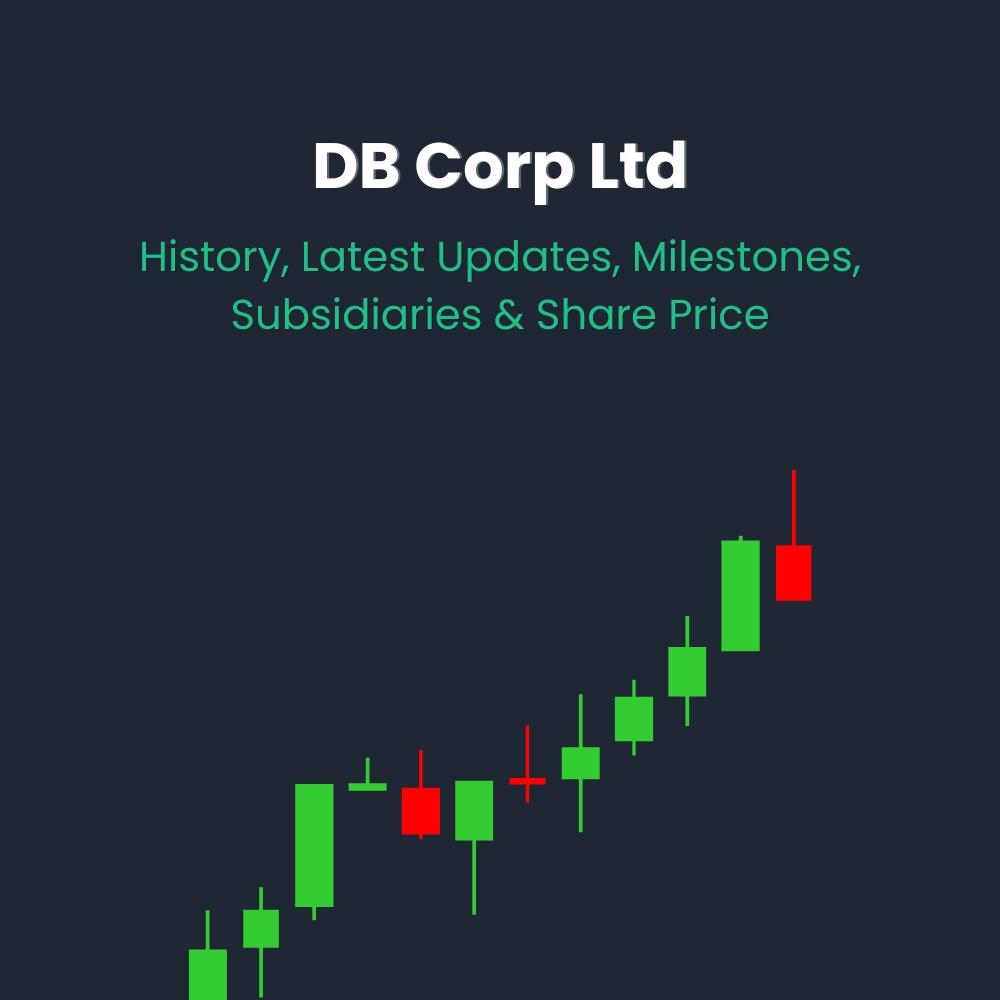Global Market Timings & Global Market Index
The first thing to know in the stock market is global market timing and index. Let me explain with the help of an example; imagine a trader sells his stocks as soon as the market opens because the market is negative, but he does not check the trend in the global market. Now imagine Friday is a holiday in the Indian market when the market opens on Monday; this trader sells his stocks quickly, thinking that the market is in a negative trend. Unfortunately, he does not know that the US market is five dollars high Monday. He does not bother to check the fluctuation in the US on Friday and sells his stocks in the Indian market. Remember, the festival holiday is only for India, not the US. This is why it’s important to track the global market timings.
likewise, the company owners list their shares in the exchange. India has two major stock exchanges, BSE and NSE…BSE started in 1875, and NSE started in 1992, and they started trading in 1994, it’s the world’s largest derivatives exchange. What happens in the backend is one type of trading mechanism; now, you may think that the fluctuations in prices are automated, or someone fixes the price of those products. Both of these aren’t true. It’s purely based on the buyers and the sellers. An order book matches the best offers and the best bidders and gives them a priority, and trade begins with that price.
Now Let’s Look At The Two Kinds Of Market.
Primary Market And Secondary Market
Before a company is listed in the exchange, the transaction between the company and the investor is called the primary market. In contrast, the secondary market is the next stage of buying and selling, which occurs after the initial transaction between the company and the investor. Here trading takes place between an investor and another investor, and the stockbrokers are the mediators in this process.



